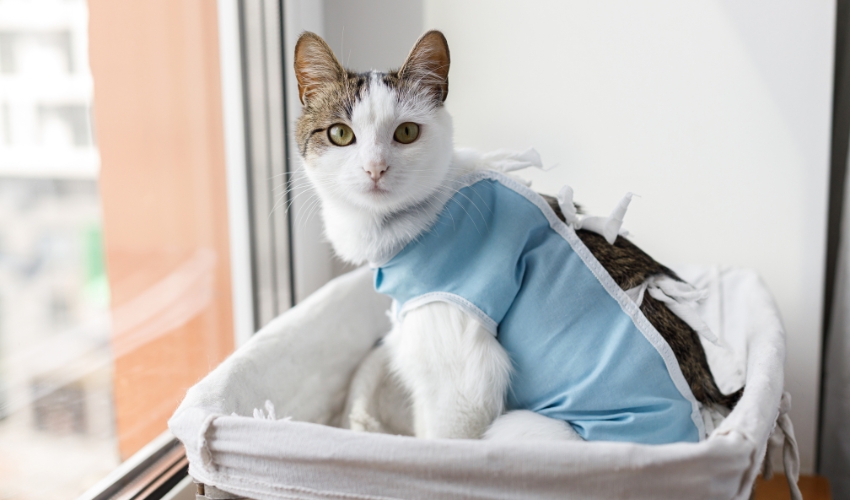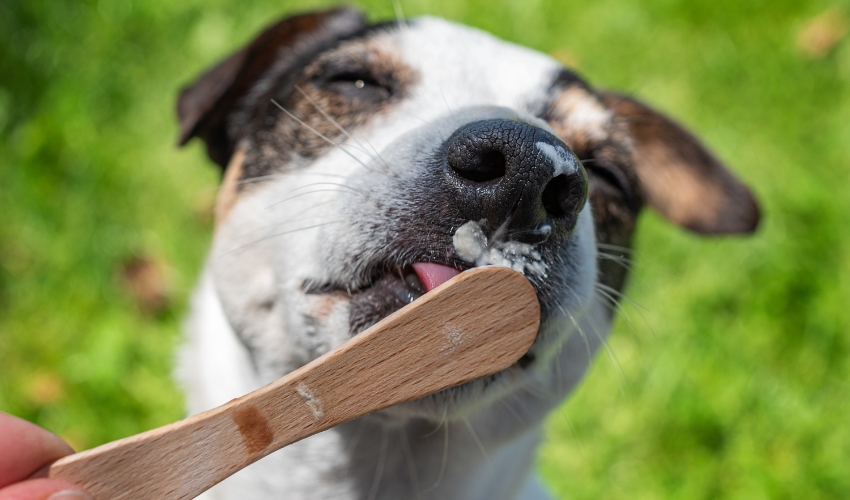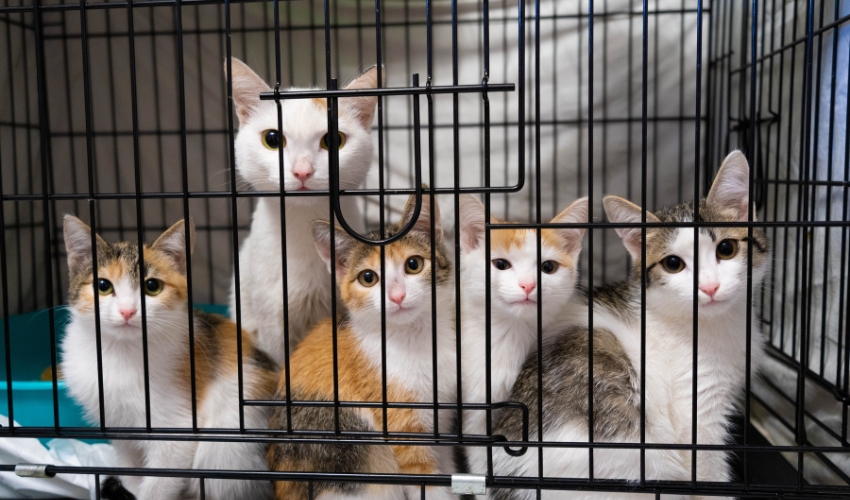The debate between raw and cooked diets for pets has sparked considerable discussion among pet owners and veterinarians alike. While both approaches have their proponents and detractors, the decision ultimately comes down to what is best for your individual pet’s health and well-being. In this comprehensive guide, we’ll explore the pros and cons of raw diets for pets, weigh the scientific evidence, and provide you with the information you need to make an informed decision for your furry companion.
Understanding Raw Diets for Pets:
What is a Raw Diet?
A raw diet for pets typically consists of uncooked ingredients such as raw meat, bones, organs, and occasionally fruits and vegetables. Advocates of raw feeding argue that this diet closely mimics the natural diet of wild carnivores and provides optimal nutrition for cats and dogs.
The Pros of Raw Diets:
- Nutritional Benefits: Raw diets are often rich in high-quality protein, essential fatty acids, vitamins, and minerals, which can support overall health and vitality in pets.
- Improved Digestion: Some pet owners report that their pets experience improved digestion, firmer stools, and reduced gastrointestinal issues when fed a raw diet.
- Dental Health: Chewing on raw bones and meaty treats can help clean your pet’s teeth, reduce plaque and tartar buildup, and promote dental health.
The Cons of Raw Diets:
- Risk of Foodborne Illness: Raw diets may contain harmful bacteria such as Salmonella, E. coli, and Campylobacter, which can pose a risk of foodborne illness to pets and their owners.
- Imbalance and Deficiency: Without careful planning and supplementation, raw diets may lack essential nutrients such as calcium, phosphorus, and vitamins, leading to nutritional imbalances and deficiencies.
- Potential for Injury: Feeding raw bones carries the risk of dental fractures, gastrointestinal obstruction, and choking hazards, especially in aggressive chewers or pets with pre-existing dental issues.
Scientific Evidence and Controversy:
The scientific evidence on the benefits and risks of raw diets for pets remains inconclusive, with studies yielding conflicting results. While some research suggests potential benefits such as improved coat condition and reduced allergy symptoms, other studies highlight the risks of bacterial contamination and nutritional inadequacy associated with raw feeding.
Making an Informed Decision:
Consult with Your Veterinarian:
Before transitioning your pet to a raw diet, consult with your veterinarian to discuss the potential risks and benefits and determine whether it is suitable for your pet’s individual health status, age, breed, and lifestyle.
Consider Your Pet’s Health Needs:
Take into account any underlying health conditions or dietary sensitivities that may influence your pet’s ability to tolerate a raw diet. Pets with compromised immune systems, gastrointestinal issues, or food allergies may not be suitable candidates for raw feeding.
Research and Education:
Educate yourself about the principles of raw feeding, including proper food handling and storage techniques, safe sourcing of ingredients, and balanced meal preparation. Consider consulting reputable sources such as veterinary nutritionists, pet nutrition books, and evidence-based websites for reliable information.
Monitor Your Pet’s Health:
After transitioning your pet to a raw diet, closely monitor their health, energy levels, coat condition, and stool quality to ensure that they are thriving on the new diet. If you notice any adverse reactions or changes in behavior, consult with your veterinarian to address any concerns and make adjustments as needed.
Consider Alternative Approaches:
If you’re hesitant to feed a raw diet but still want to provide your pet with a natural and nutritious diet, consider alternative options such as cooked homemade meals, commercially prepared cooked diets, or high-quality commercial pet foods made with wholesome ingredients.
Maintaining a Healthy Lifestyle for Your Pet:
In addition to choosing the right diet for your pet, maintaining a healthy lifestyle is essential for promoting overall health and well-being. Here are some tips for supporting your pet’s health and happiness:
Regular Veterinary Check-ups:
Schedule routine veterinary visits to monitor your pet’s health, detect any potential issues early, and ensure that they receive appropriate preventive care, vaccinations, and parasite control treatments.
Regular Exercise:
Provide plenty of opportunities for physical activity and mental stimulation to keep your pet active, engaged, and mentally sharp. Regular walks, play sessions, and interactive toys can help prevent obesity, boredom, and behavioral problems.
Hydration and Dental Care:
Ensure your pet has access to clean, fresh water at all times to maintain hydration and support overall health. Practice good dental hygiene by brushing your pet’s teeth regularly and providing dental chews or toys to help reduce plaque and tartar buildup.
Emotional Well-Being:
Provide a loving and nurturing environment for your pet, with plenty of attention, affection, and opportunities for socialization and companionship. Spend quality time together, engage in bonding activities, and create a safe and comfortable living space where your pet feels secure and at ease.
Choosing between raw and cooked diets for pets is a personal decision that requires careful consideration of your pet’s individual needs, health status, and lifestyle factors. While raw diets offer potential benefits such as improved nutrition and digestion, they also carry risks of foodborne illness, nutritional imbalances, and dental hazards. By consulting with your veterinarian, educating yourself about the principles of raw feeding, and monitoring your pet’s health and well-being closely, you can make an informed decision that promotes optimal health and happiness for your furry friend. Remember to prioritize your pet’s safety and well-being above all else, and always consult with a qualified veterinary professional for personalized advice and recommendations tailored to your pet’s specific needs and circumstances. Together, we can provide our pets with the nourishment, care, and love they need to thrive and live their best lives.












